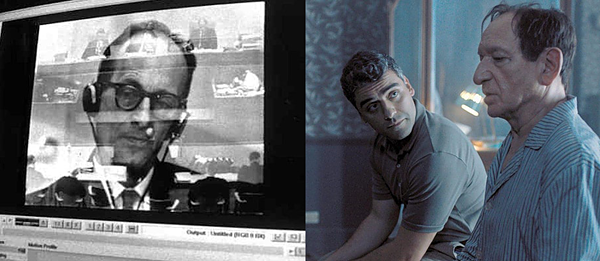|
Dear Friends,
You have probably heard of the phrase "the banality of evil" before. This characterization of evil was first coined by German writer and political thinker Hannah Arendt in her coverage of the 1961 Adolf Eichmann trial. "Evil comes from a failure to think," Arendt elaborated. "It defies thought for as soon as thought tries to engage itself with evil and examine the premises and principles from which it originates, it is frustrated because it finds nothing there."
How do we continue to engage with Arendt's thesis today? In the academic world and in popular media? Has the phrase "the banality of evil" taken on an identity of its own, outside of Arendt's writings and the context of the Eichmann trial? This spring, we will present several events looking at evil through an Arendt-informed lens.
Beginning April 4, we will offer in-person classes in our space at The Liz. Proof of vaccination will be required to enter the building; masking is optional. Online courses will continue to be available as well.
|







